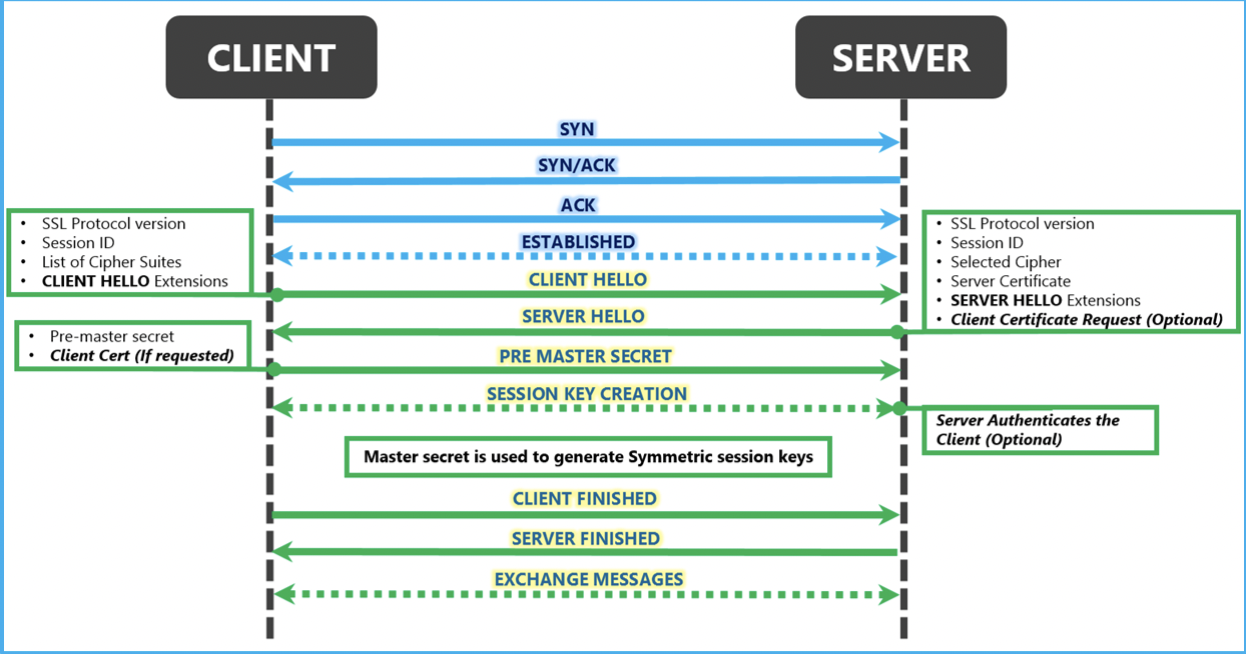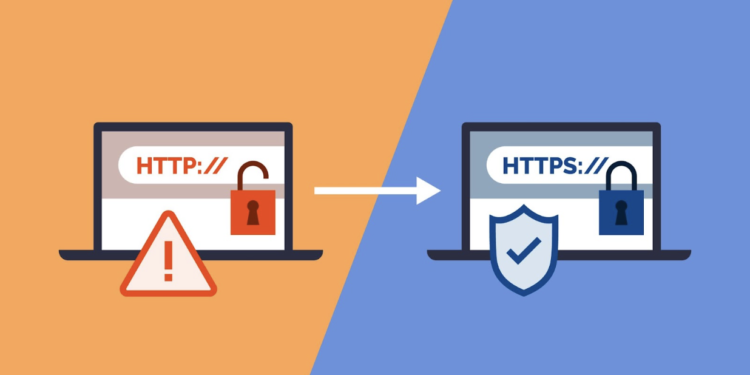2022 calls for a lot of must-haves and procuring your website a SSL/TLS certificate is definitely one of them. Google and many other search engines use security certificates like SSL/TLS to help rank pages (making it a solid SEO strategy), while for the web browsers like Chrome, non-HTTPS websites set off the alarm. The last thing you’d want for your eCommerce business’ audience to be iffy about visiting your website and turning away for good. But what exactly is the difference between TLS and SSL, which one do you really need? There’s only one way to know––just keep reading.
TLS & SSL: Are There Any Differences That Matter?
TLS stands for Transport Layer Security, while SSL stands for Secure Socket Layers—both from the same league of cryptographic protocols but hailing from different teams, used for end-to-end data encryption. These certificates are a secured way of managing data online —including valuable user data like authenticating online payments and money transfers—safely and quickly.
TLS refers to a more updated version of the SSL since it comes with more advanced security protocols than its predecessor. In fact, since SSL was replaced by TLS some time back, SSL handshakes are called TLS handshakes, referring to the asymmetric encryption (using two different keys, on either side of the network), similar to that of SSH Keys. Two separate keys are used (the public key that’s put out publicly, and the private key which is encrypted, kept secretly, and accessed only in the server end), so the client and server-side share randomly generated data for the creation of newer keys, also known as session keys. After the TLS handshake is over, both client and server sides can now easily use the same session keys for data encryption, and, because of the short-lived activation of session keys, they’re considered more reliable.

What Do Your Visitors See?
As soon as your visitor accesses your website, the web browser searches for your business’ SSL/TLS certificate and initiates the handshake based on that. If your website’s SSL certificate isn’t valid, your users may get the error “your connection is not private” which may cause them to reconsider their buying decisions, or even to leave immediately.
Your business’ valid certificate easily authenticates your servers and therefore establishes a special, encrypted, link between customers and your servers for a secured connection. Your visitors now see green/safe all over their browser, earning their trust so that you can handle their data.
What Should You Consider?
Isn’t it obvious? TLS has already replaced SSL for some time now, and it comes with numerous performance enhancements. Furthermore, SSLs are also known to not be a completely secure protocol because of their security vulnerabilities. Most major web browsers, like Google Chrome, haven’t supported SSL 3.0 certificates since 2014, whereas TLS 1.0 & 1.1 were only just deprecated in 2020.
We understand it can be a lot to take in at once, and as a business owner, things only get more complicated when it feels like you need to be at so many places at once. Therefore, we recommend hiring high-end, trusted professionals who can take care of the nitty-gritty for you, while you keep your focus where it is needed. Here are some of our recommendations:
1. Gun.io
A prominent marketplace for experienced remote software professionals, they’re a great place to look for freelancers. If you’ve wondered about getting your website perked up every once in a while, they can get you sorted.
2. True Productions
Folks here are known for their uniquely creative website development services that can unlock your business’ true potential. Their diverse portfolio and experience in the industry demonstrate their expertise and insights in turning brands into successful businesses.
3. CodeClouds
With an award-winning, international team of over 400 experts, their decade-long experience in the industry is trusted by hundreds of brands worldwide. Their rich and innovative solutions and subscription-based models make them a great choice if you’re looking to hire offshore developers.



